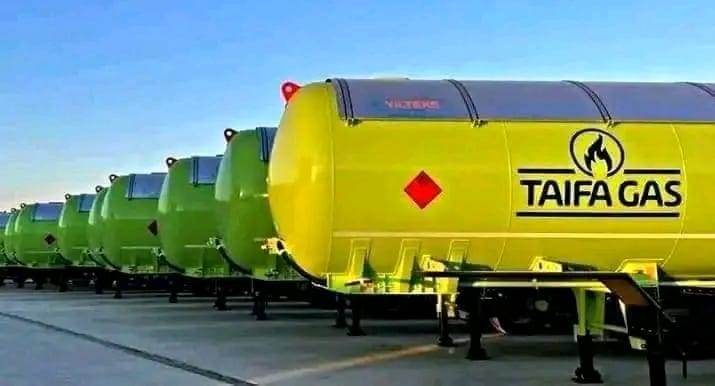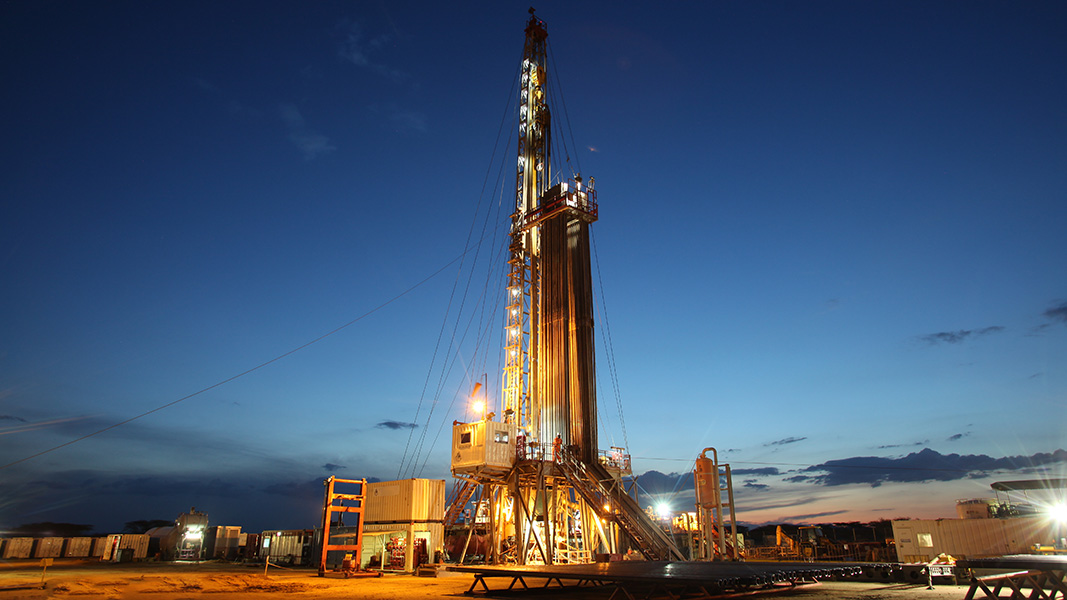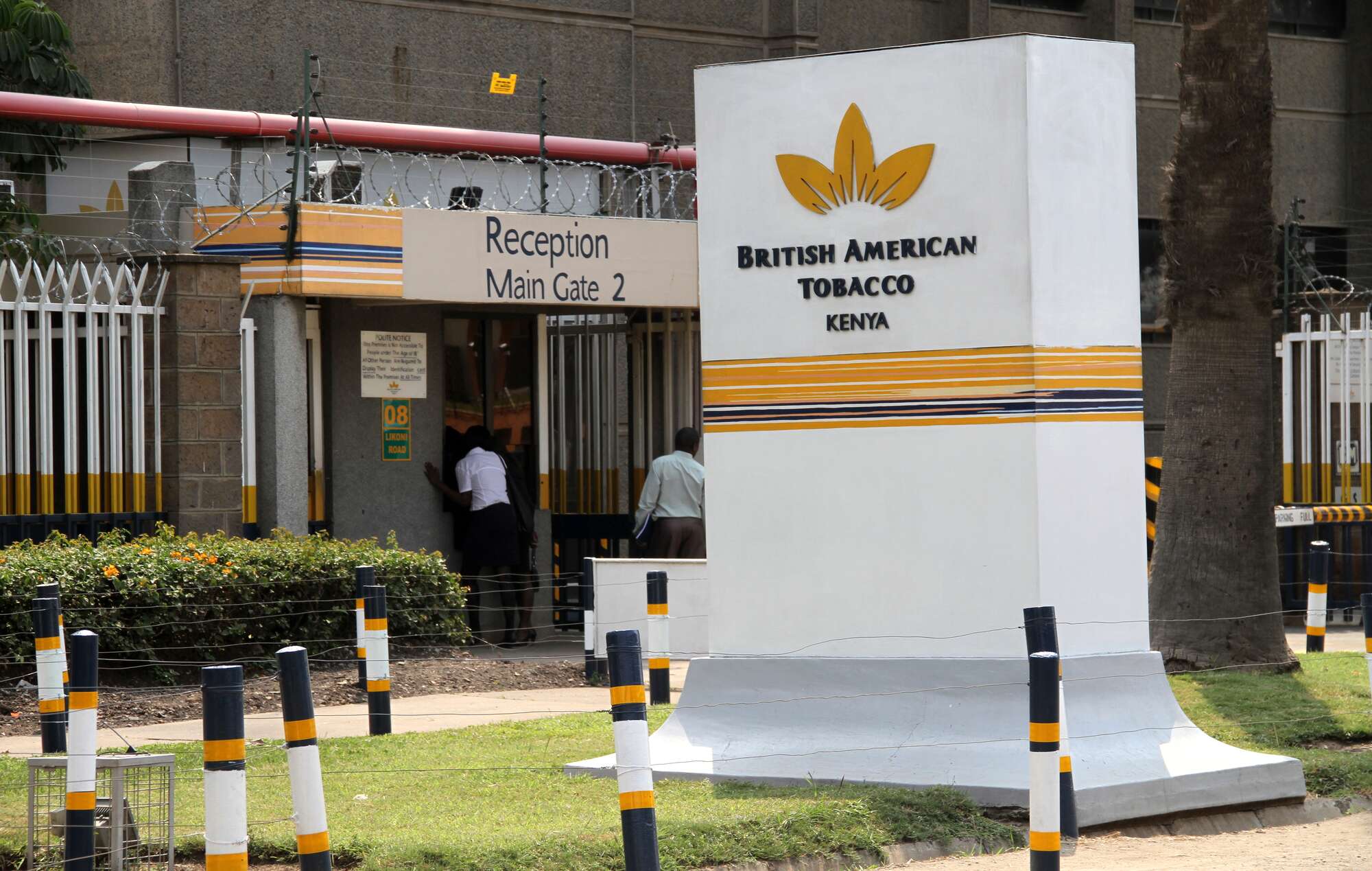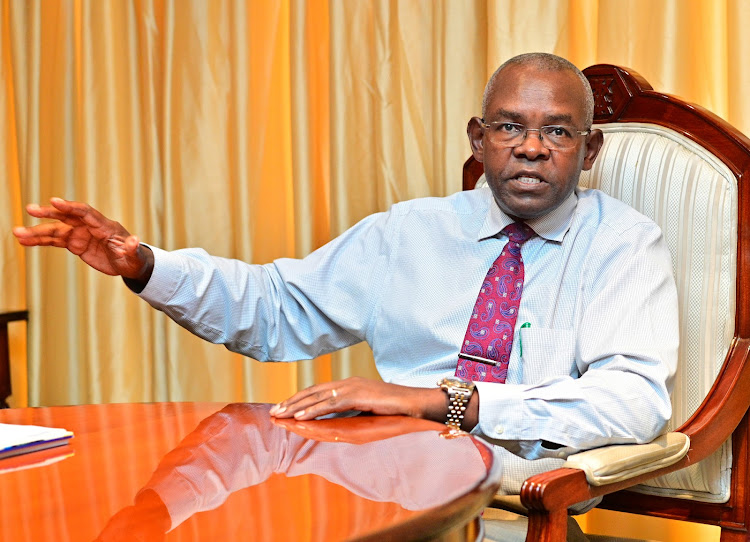By The Weekly Vision Business Reporter
Taifa Gas founder and Tanzanian industrialist Rostam Azizi has received judicial clearance to proceed with the construction of what is projected to become Africa’s largest Liquefied Petroleum Gas (LPG) terminal at Dongo Kundu, Mombasa. The Environment and Land Court has struck out a petition seeking to halt the multibillion-shilling investment, clearing the way for construction to begin.
The petition had been filed by two Likoni residents, Mohamed Said Ali Karungu and Raphael Mwandoe Nyiro, who argued that the planned 30,000-metric-tonne storage terminal would cause severe environmental harm. They claimed the project would result in the destruction of indigenous vegetation, degradation of coral rock formations, contamination of marine ecosystems, and the disruption of fishing grounds that support local livelihoods. They further alleged that the company had not adequately consulted affected community members before commencing works.
However, Taifa Gas, through its legal team, raised preliminary objections, asserting that the environmental concerns had already been conclusively determined by the National Environmental Tribunal (NET) in 2022. The company also maintained that it had lawfully obtained all approvals, including an Environmental Impact Assessment (EIA) licence, in compliance with the Environmental Management and Coordination Act.
In Petition No. E006 of 2025, Justice Stephen Kibunja upheld the company’s objection, ruling that the issues raised before the court were a repetition of matters previously adjudicated by the NET. He noted that allowing the dispute to be re-litigated would unfairly stall a project that had met all legal and environmental requirements. The petition was subsequently struck out.
The ruling marks a significant milestone for Taifa Gas, ending a prolonged regulatory battle and unlocking one of Kenya’s most strategically important energy investments. Welcoming the decision, Mr Azizi described it as “a vindication of our commitment to due process and environmental responsibility.” He added that the terminal would play a pivotal role in expanding access to clean energy, enhancing regional energy security, and supporting inclusive community development. The company has pledged to uplift local communities, particularly women, through targeted economic empowerment programmes.
Taifa Group’s General Counsel, Dr Timothy Kyepa, said the judgment sends a reassuring signal to investors. “It demonstrates that when businesses follow the law and uphold environmental safeguards, Kenya’s institutions will provide certainty and protection. This is good for justice, good for business and good for sustainable development,” he said.
The decision comes nearly three years after President William Ruto’s administration allocated 30 acres to Taifa Gas within the 3,000-acre Dongo Kundu Special Economic Zone (SEZ). During the project’s groundbreaking ceremony in February 2023, President Ruto pledged to make LPG affordable for all households, promising to eliminate taxes on cooking gas and supply subsidised cylinders nationwide. He framed the initiative as a critical step in phasing out wood fuel and reducing its impact on health and the environment.
Once operational, the Dongo Kundu LPG terminal is expected to stabilise national supply, reduce import bottlenecks, and introduce greater competition in a sector long dominated by a handful of players. Mombasa is fast emerging as an LPG hub, with additional investments from firms such as Focus Container Freight Station and Africa Gas. Rising demand continues to drive sector growth, with Kenya’s LPG consumption increasing from 333,820 tonnes in 2021 to 360,590 tonnes in 2022, according to the Kenya National Bureau of Statistics.
The government aims to achieve universal access to clean cooking by 2028, supported by the Kenya National Cooking Transition Strategy, Vision 2030, and international climate commitments. The spotlight now shifts to whether the Dongo Kundu project will help deliver on the promise of cheaper, cleaner, and more reliable cooking energy for millions of Kenyan households.





